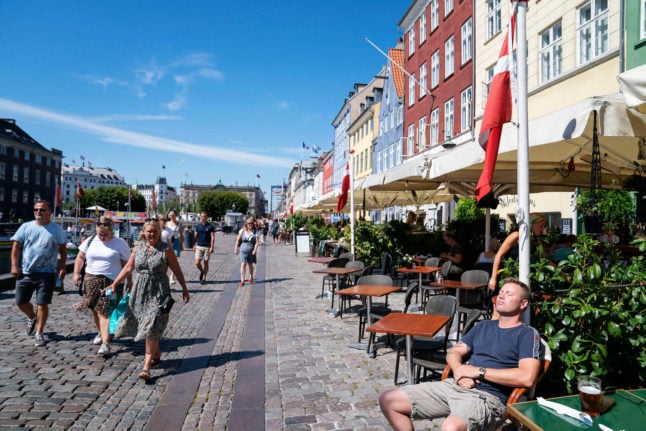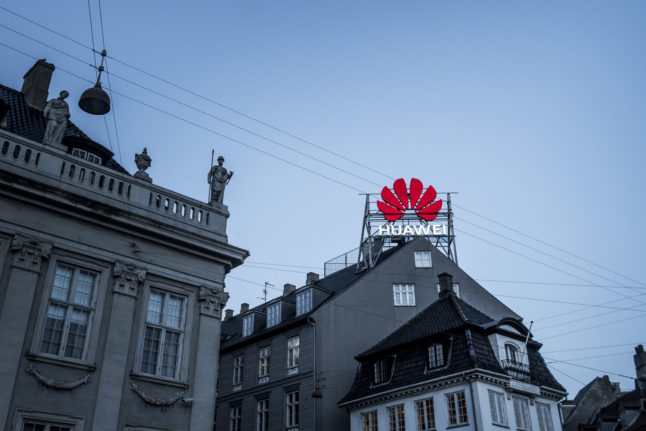On Monday, Copenhagen will launch its scheme rewarding visitors and residents with cultural experiences and even meals in return for “eco-friendly acts”.
This means you will be able to claim rewards by showing proof like a train ticket or a photo of your bicycle outside the attraction, although the system is mostly trust-based.
Bonuses on the new “CopenPay” scheme include a kayak or boat tour, a vegetarian meal, a museum ticket, or an e-bicycle ride — free of charge.
Why does the city want to give away these freebies?
“It is a core task for us to make travelling sustainable. And we will only succeed if we bridge the large gap between the visitors’ desire to act sustainably and their actual behaviour”, tourism board CEO Mikkel Aaro-Hansen said.
The public’s reaction has been “overwhelmingly positive”, although some disappointed visitors “would have liked the scheme to be in place during their stay,” Copenhagen tourism office communications director Rikke Holm Petersen told news agency AFP.
READ ALSO: How Copenhagen visitors can buy transport tickets on smart phones without an app
Although the tourist board says it wants the scheme to change behaviour to a more eco-friendly approach, it admits the initiative alone cannot dent the environmental impact of tourism.
More than 100,000 passengers flew into Copenhagen in June, resulting in a much higher carbon footprint than bus or train travel, according to airport data.
“The environmental burden of transportation to and from Copenhagen is much more significant than that of local transportation,” said tourism website VisitCopenhagen.
“We have chosen to limit our advertising efforts to Copenhagen Airport, the central station, and within the city itself, rather than conducting marketing campaigns abroad,” Petersen said.
The tourism office will consider extending the scheme beyond the city — perhaps even abroad — if it proves successful.
“We hope to reintroduce CopenPay as a year-round, green payment experience within the economy and broaden the concept to other parts of Denmark and the rest of the world,” according to the VisitCopenhagen site.



 Please whitelist us to continue reading.
Please whitelist us to continue reading.
Member comments